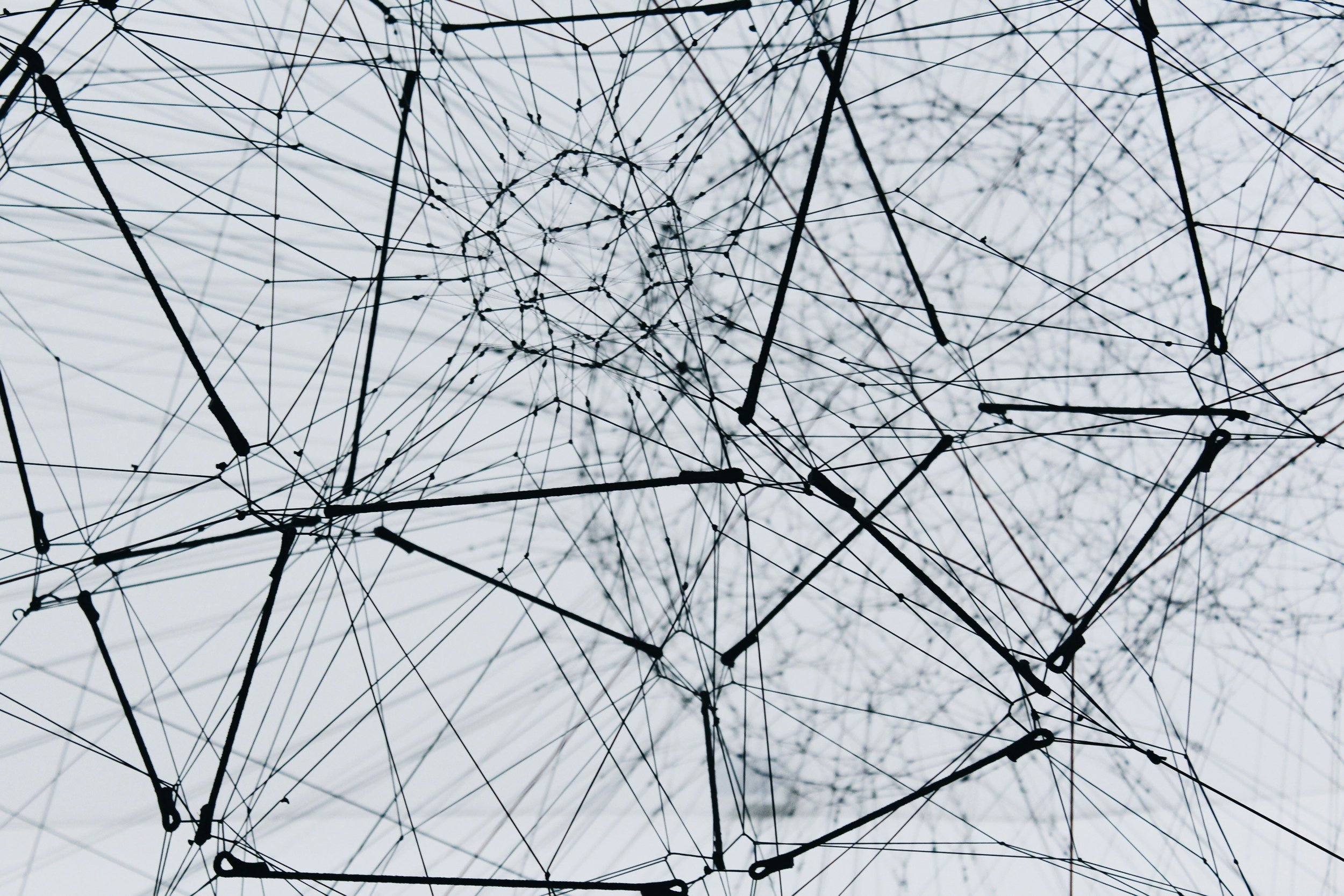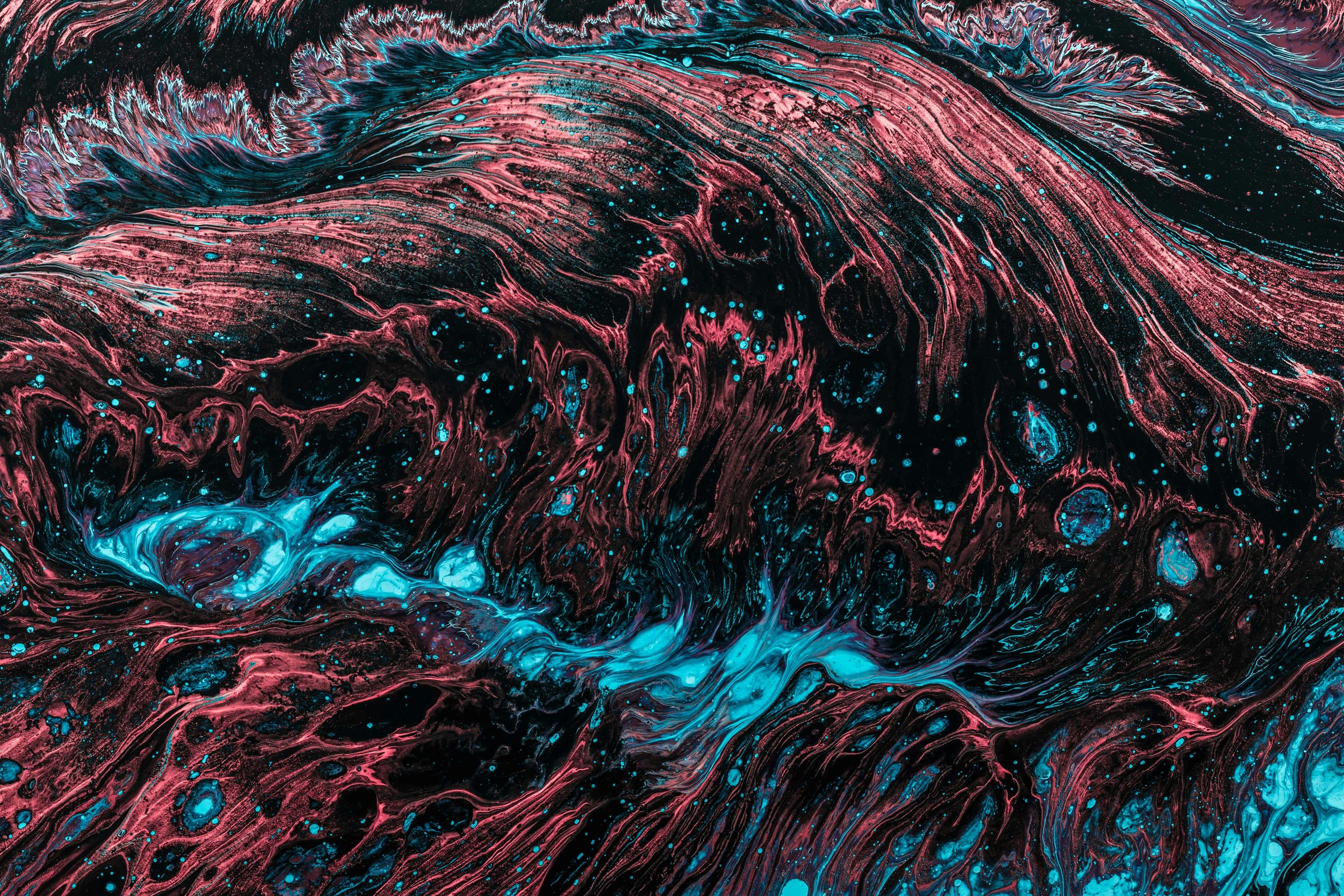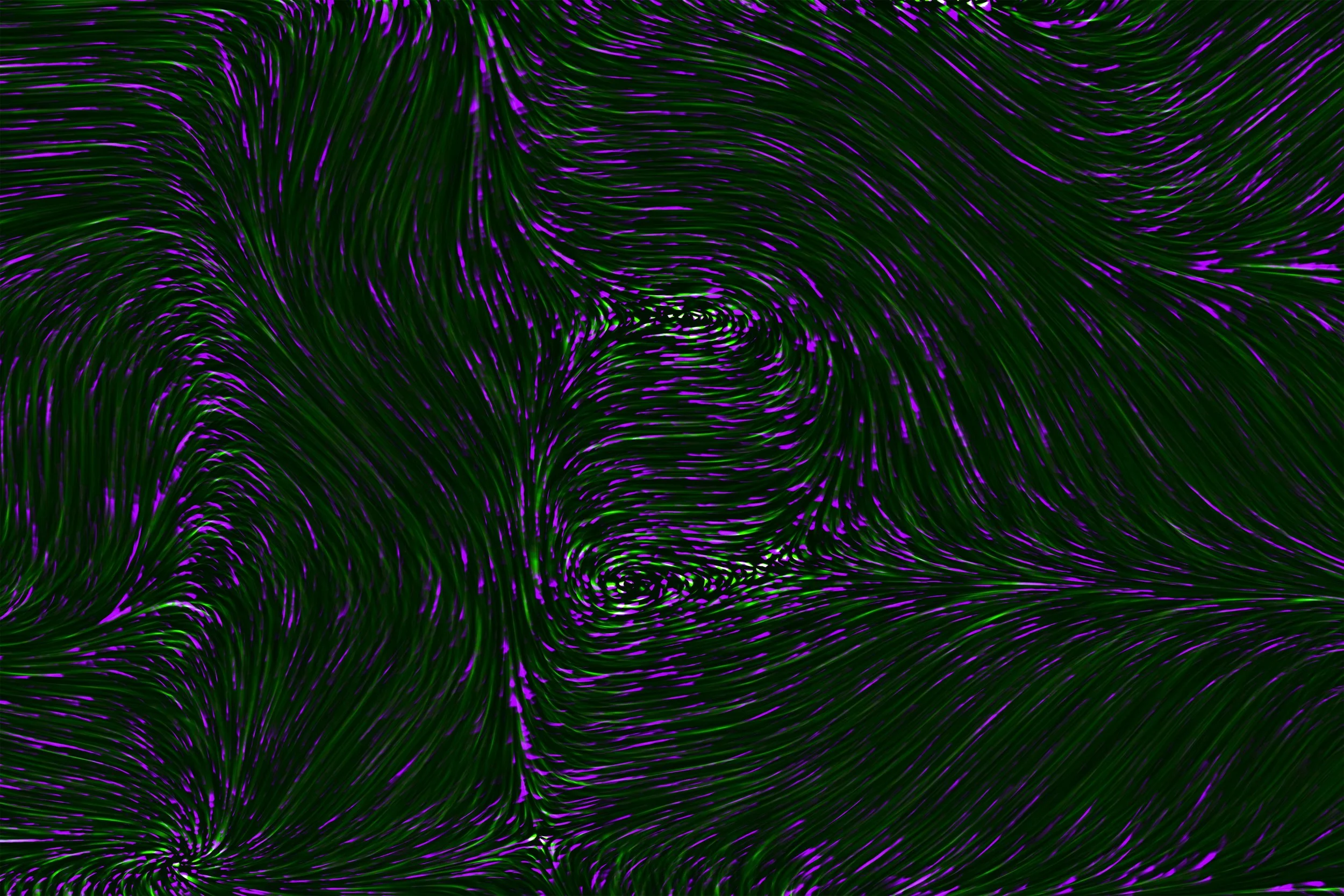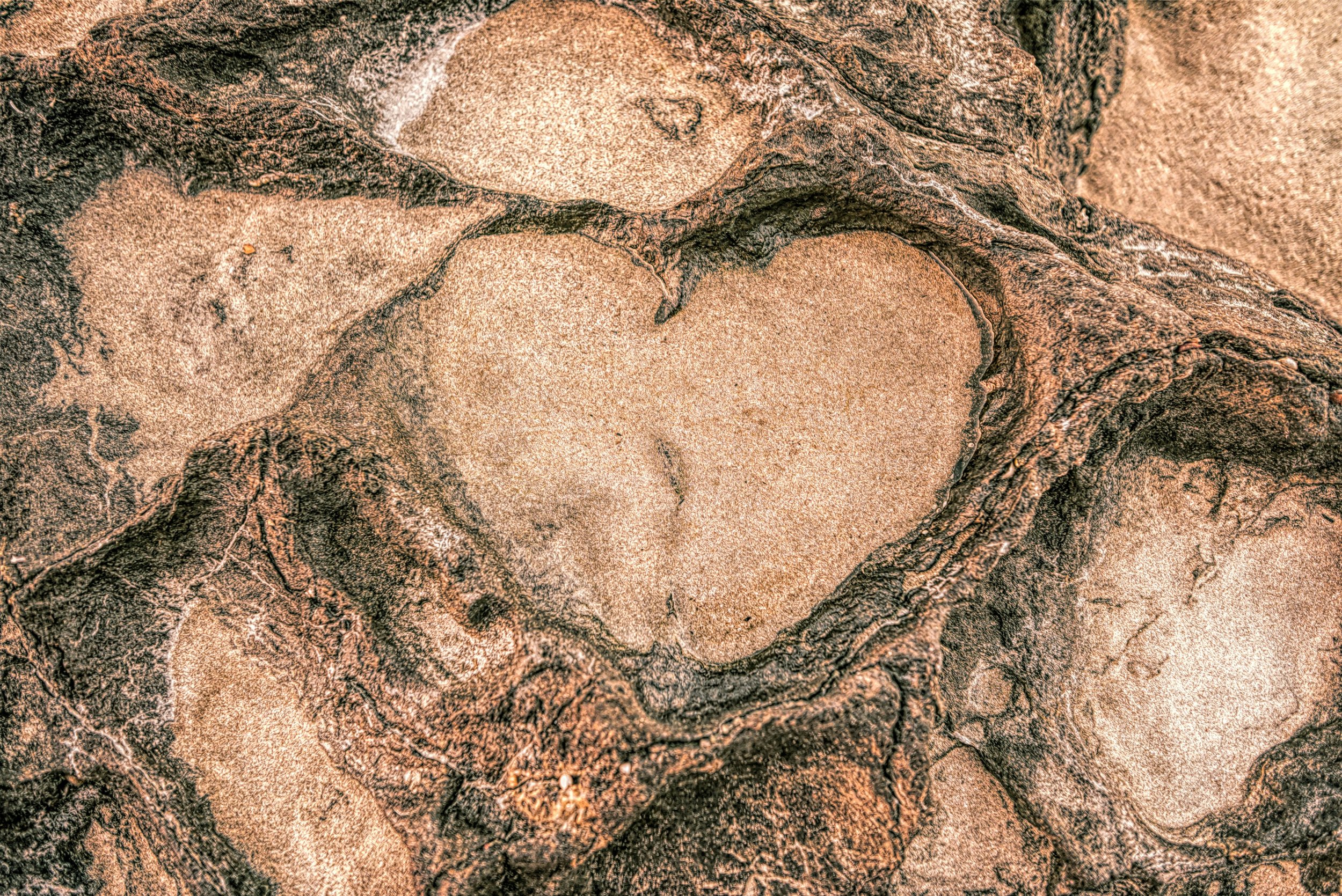My doctoral research explores how embodied mentalization informs our consciousness and influences how we empathically cogitate and behave among the symphony of beings we share our natural world with.
My doctoral transdisciplanary research seeks to contribute to the current discourse examining how our cognitive models and simulations about others is based on upon embodied mentalization is informed by theoretical approaches such as Enactive Cognitive Science, Whitehead’s Process Relational Philosophy, Complexity and Systems Theory, and Phenomenology. Enactive cognitive theorists recognize that embodied experience is the incipient source for understanding consciousness and they embrace the “primacy of direct experience”. Alfred Whitehead’s Process Relational Philosophy posits that “our practical experience is intrinsically relational and purposeful: we feel we are in direct contact with a real world, not a mere representation of it, and we instinctively believe that our thoughts are effective in a world beyond themselves”.
My research seeks to integrate concepts from complexity and systems theory which emphasize the interaction between participant and observer in all emergent experiences. I want to discuss the implications of bringing the observer back to the body, the impact of looking within rather than solely without. It is my perception that humanity has evolved towards inhabiting a diminished capacity to conceptualize and understand the impact we exert on the surrounding world due to our lost ability to observe ourselves through interoceptive awareness and locate our own interiority.
My area of inquiry critically examines the damaging impact of removing direct embodied experience from scientific inquiry and other disciplines in academia. The authors of The Blind Spot highlight the merits of neurophenomenology which the authors define as “a deep investigation of consciousness requires working with individuals who are skillful at meta-awareness of experience”. Neurophenomenology involves using precise qualitative methods of interviewing individuals about their tacit experience. Enactive cognitive science prioritizes direct embodied experience in striving to create a science of perception that integrates the inquirer. Both approaches will be useful as I investigate the correlation between human capacity to be embodied through interoceptive awareness and the human capacity empathically attune to the natural world and all the Earth’s inhabitants. As a result of scientific paradigms that prioritize separateness and extol an ontology of metaphysics based on separateness, disembodiment and antiquated cartesian dualism, science is hampered by idealized abstractions masquerading as absolute truth.
In my research, I want to explore how our embodied experience such as being connected to ourselves through interoceptive awareness, attunement and enhanced quality of presence shapes and informs how we interact and behave towards ourselves, other sentient beings and the planet. Embodied mentalization includes our ability to detect the atmospheric qualities of our own mind and interpret our patterns of thought, also known as metacognition. Do interruptions in embodiment due the insidious effects of the cartesian dualism, numbing from unprocessed trauma contribute to destructive, unsustainable behaviors towards ourselves, other sentient beings and the planet. What happens to our collective consciousness when we centralize our lived experience?
















